Ecosystems
-
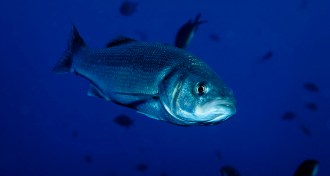 Oceans
OceansFish escapes from marine farms raise concerns about wildlife
Farmed salmon, sea bass and other fish frequently escape from sea cages into the ocean. Will these runaways harm native wildlife?
By Roberta Kwok -
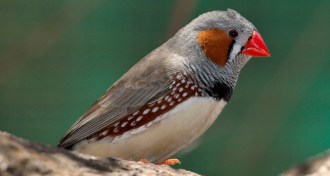 Animals
AnimalsIn drought, zebra finches wring water from their own fat
A zebra finch with no water or food can keep itself hydrated by metabolizing body fat.
By Susan Milius -
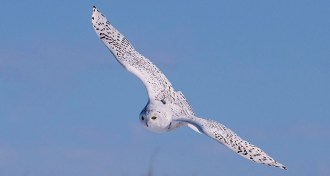 Animals
AnimalsFor snowy owls, wintering on the prairie might be normal
Some snowy owls leave the Arctic for winter. That’s not a desperate move, new study says.
-
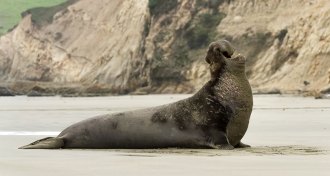 Health & Medicine
Health & MedicineWhen it comes to antimicrobial resistance, watch out for wildlife
Focusing on antimicrobial resistance in hospitals and farms misses a big and not well understood part of the issue: wildlife.
By Susan Milius -
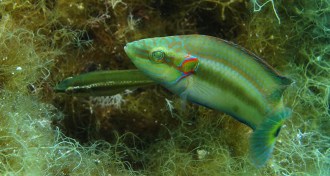 Animals
AnimalsFemale fish have a fail-safe for surprise sperm attacks
A Mediterranean fish provides evidence that, even after laying their eggs, females can still influence who fertilizes them.
-
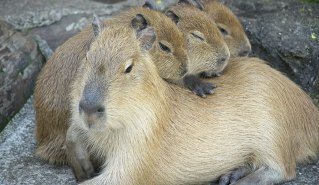 Animals
AnimalsCapybaras may be poised to be Florida’s next invasive rodent
Some capybaras have escaped their owners in Florida. Others have been set loose. Now there are fears the giant rodents could become established in the state.
-
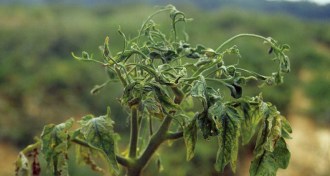 Plants
PlantsSneaky virus helps plants multiply, creating more hosts
Plant virus makes hosts more attractive to pollinators, ensuring future virus-susceptible plants.
-
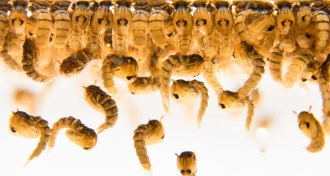 Science & Society
Science & SocietyFDA OKs first GM mosquito trial in U.S. but hurdles remain
The FDA has concluded that test releases of Oxitec GM mosquitoes on a Florida key poses no significant problem for the environment, but local officials still have to agree
By Susan Milius -
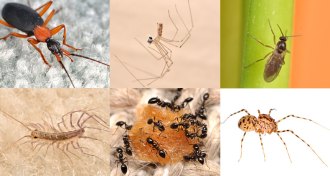 Animals
AnimalsDiversity of indoor insects, spiders adds to life’s luxuries in high-income neighborhoods
A massive survey of indoor spiders and insects in town finds dozens of different scientific families in homes, more in high-income neighborhoods.
By Susan Milius -
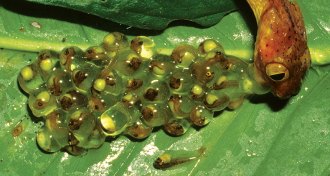 Animals
AnimalsHow Houdini tadpoles escape certain death
High-speed video of red-eyed tree frog embryos reveals the secrets to their getaway plans.
-
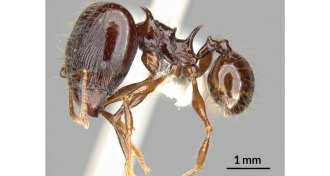 Animals
AnimalsNewly discovered big-headed ants use spines for support
Two newly discovered ant species provide new insights into spiny evolution.
-
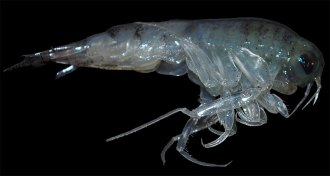 Oceans
OceansSea ice algae drive the Arctic food web
Even organisms that don’t depend on sea ice depend on sea ice algae, a new study finds. But Arctic sea ice is disappearing.